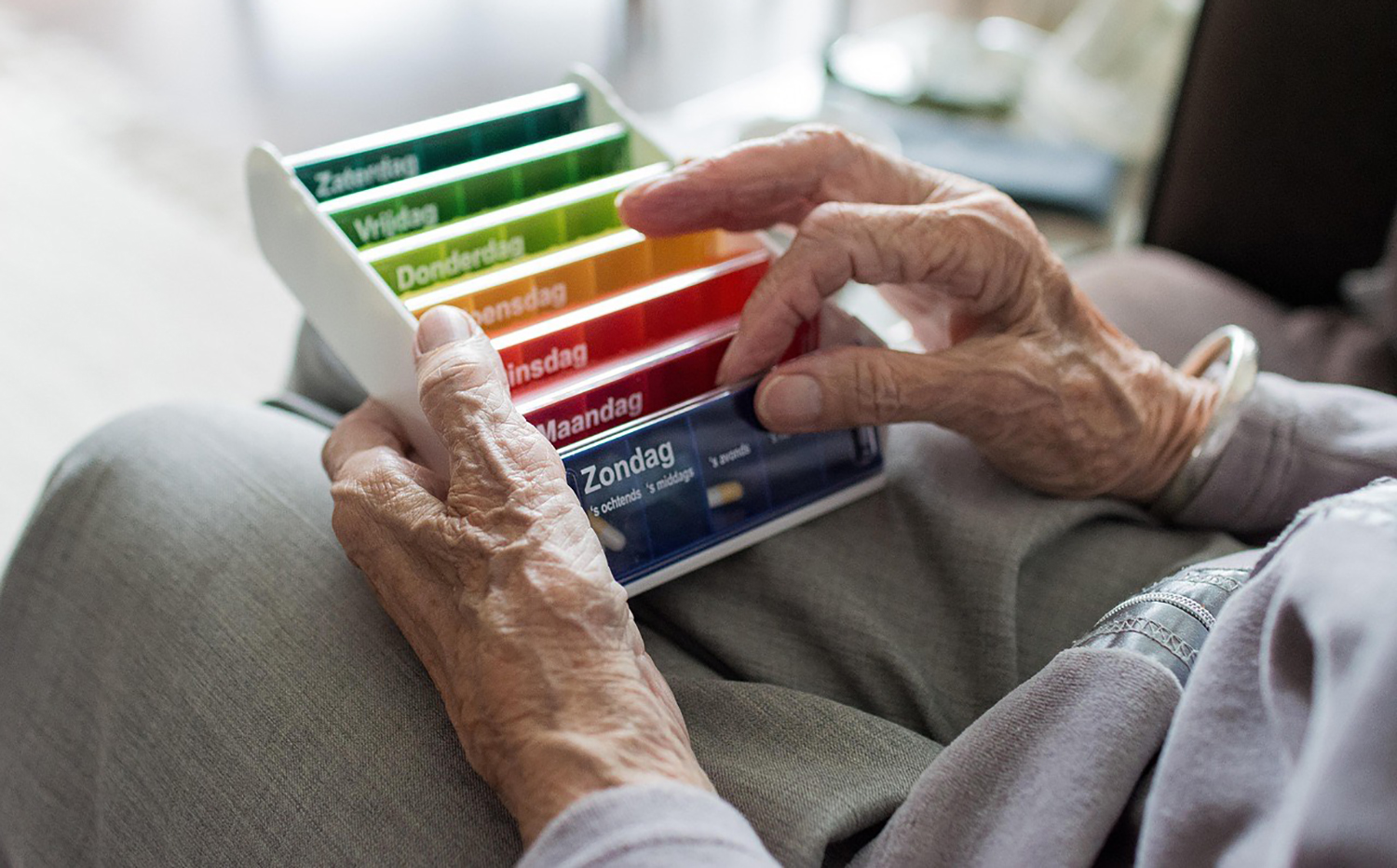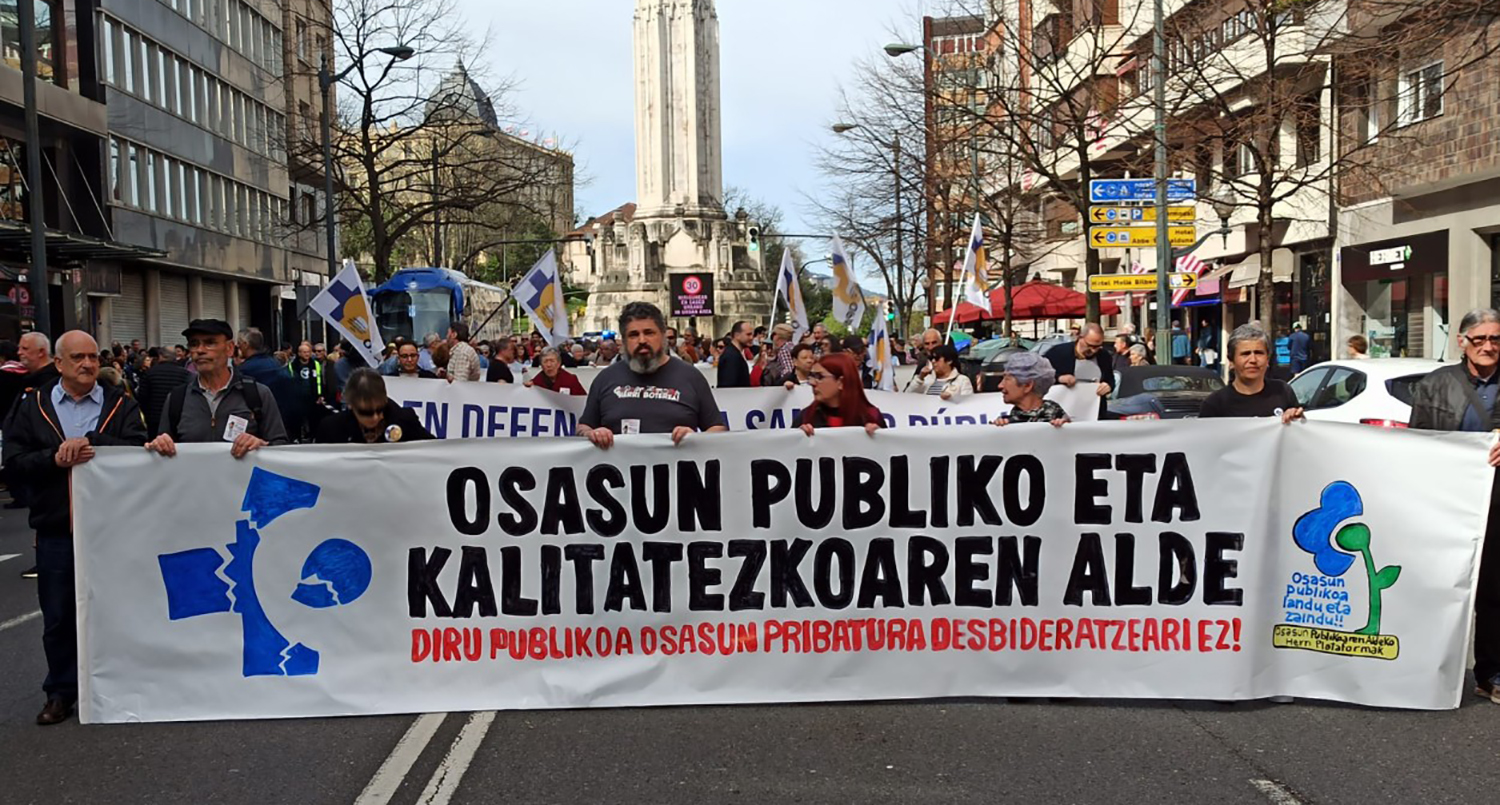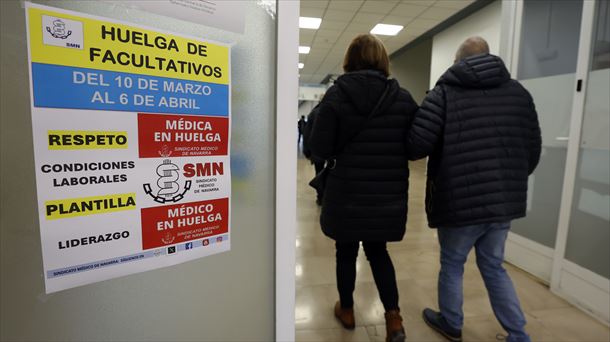COFNA believes that local pharmacies can be a tool against depopulation
- The Official College of Pharmacists of Navarre (COFNA) and the Department of Territorial Cohesion of the Government of Navarre have launched a program for the correct intake of medication by rural people.

Through the Personalized Dosing System (DSP), the COFNA and the Department of Territorial Cohesion of the Government of Navarra aim to facilitate the correct administration of medicines to people with difficulties. To do this, they have created boxes of pills for the treatment of the whole week. It clearly shows when and how to take each pill. It is a free service that will be operational from 1 June in most pharmacies in the west of Navarre and the Pyrenees.
It is mainly aimed at elderly people living alone, people who forget or confuse taking medication, people who take many pills and people with neurodegenerative diseases. According to the COFNA, it has many advantages, such as facilitating the administration of drugs at the right time and dose, avoiding disorders and errors, facilitating the continuation of treatment and improving the quality of life. In addition, it is not necessary for the person who needs the pills to go to the pharmacy; neighbors, relatives and/or someone else you trust can go. “For many people, it’s not easy to get treatment like the doctor said. This program allows people to stay in their villages with dignity and support,” said Pili Ardanaz, a pharmacist at the Center for Drug Information.
He believes that local pharmacies can be a tool against depopulation: “It is clear, especially in smaller municipalities, that pharmacy is often the only health service and healthcare professional available to the population. For this reason, they play a key role in areas such as health education and treatment adherence.” That’s why he believes the pill box system is a way to value the work of rural pharmacies: “As a health asset, it reinforces the role of the pharmacy in consolidating the population and promoting work in the area.”
The pharmacies of the localities are places of reference: "Before going to the doctor they go through the pharmacy"
Pilot project in Auritz
At the moment, of the twenty-six pharmacies located in western Navarre and the Pyrenees, the program will be implemented in twenty pharmacies. Later they want to expand to more rural areas; however, it is voluntary to participate in the program. Auriz Inmaculada capilla frías is a pharmacist at the pharmacy in Irati Alduntz, he says that it is not easy for all pharmacists to take part in the program: “For example, there is a pharmacist who is very mature and who is afraid because we have to use a new software to register the medication. Another makes, for example, all the boxes of pills in a residence. Then he can’t.”
Before the project was launched, a pilot project was carried out two years ago in Auritz. As he explains, people are happy: “It’s true that the previous headline made them before without charging them, so they haven’t noticed so much. However, since the neighboring towns did not do it, many people from neighboring towns came.” He added that the pharmacies in the villages are places of reference for the population: “They go through the pharmacy before going to the doctor. It’s too bad to go to the doctor.”
Itxaron zerrendak gutxitzeko Osasunbideak hartutako estrategiak gaitzetsi ditu Plataformak
Astelehenean abiatu da sindikatuak deitutako greba eta apirilaren 6 arte luzatuko da. Lan-gainkarga salatu eta baldintzak hobetzeko eskatu dute, baita mediku egoiliarrei karrera profesionala aitortzea ere.
11 doctors in health care earn 230,000 euros each year, one of the practices 18,000 euros
This Thursday, EH Bila asked the Government of Navarre to investigate and correct this situation in the plenary session of the Parliament of Navarre. The UPN and the PP have joined the... [+]





















